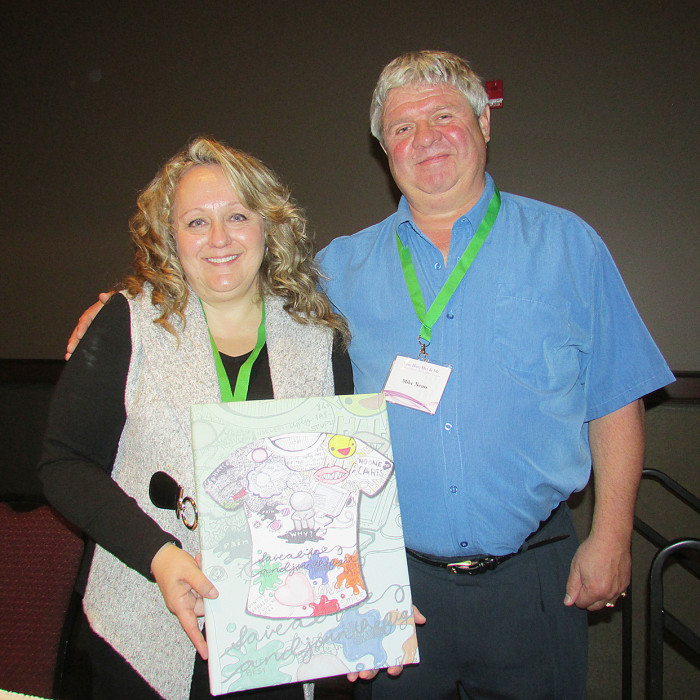
Helping young children with behavioural issues is not only the right thing to do morally, but also demonstrates sound judgment from a fiscal perspective, said Dr. Leena Augimeri, an adjunct associate professor at the University of Toronto.
Augimeri was the opening speaker at the recent two-day children’s mental health summit entitled You, Him, Her and Me sponsored by Make Children Better Now.
She told a crowd of more than 150 mental health professionals at the John D. Bradley Centre that an untreated child who’s behaviour places them within the sphere of children’s services and eventually the juvenile justice system costs society $1.5 million by the time he or she reaches adulthood.
Augimeri said there needs to be a “middle youth strategy” because those from ages six to 12 are often a forgotten group.
“There is a seven-year window from the time a child first shows behaviour issues until they traditionally come to the attention of police,” she said. “If we can effectively intervene, we can change the course of their lives and the lives of their families.”
Although society must prepare and adequately fund correctional institutes, there needs to be an awareness that money spent early is an investment in the child and in society.
“Our lives begin to end the day we become silent about the things that matter,” Augimeri said, quoting famed American civil rights activist Dr. Martin Luther King.
She acknowledged that “it’s not easy being a parent” and praised those present for their dedication to helping families in need, noting those in the field are often asked by parents to “fix my kid.”
“There’s no such thing,” she said. “It’s a difficult journey made more difficult the longer it takes for us to intervene.”
Augimeri said programs such as SNAP (Stop Now And Plan) that teach children how to make better choices when faced with difficult decisions, are having an effect.
“It’s a matter of helping children build and use tools that for whatever reason they haven’t acquired at home,” she said.
Summit co-ordinator Mike Neuts said his group has used SNAP at a local school with success.
Augimeri said without acknowledging that help is needed before the justice system comes into play, the cycle will simply continue.





